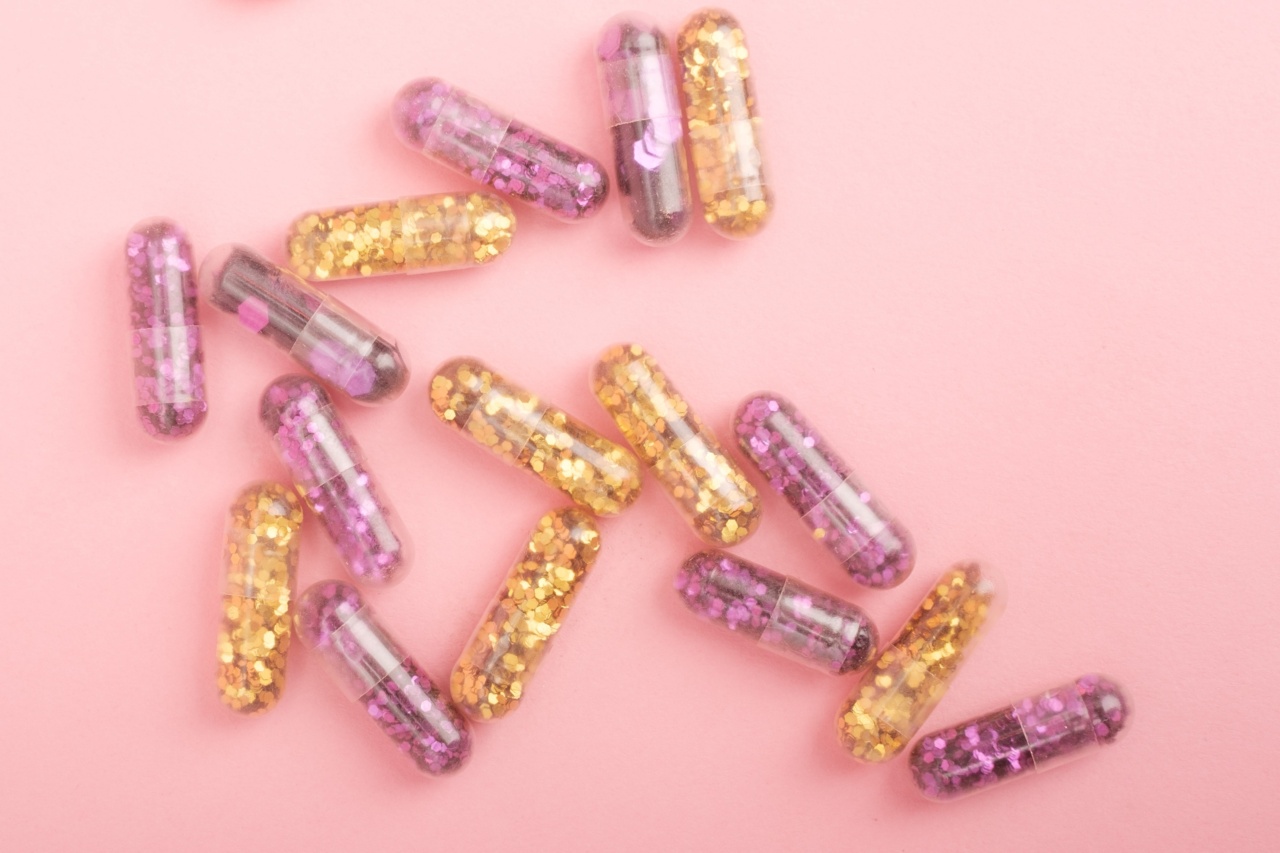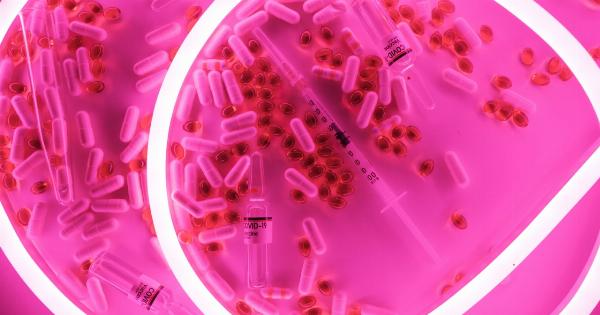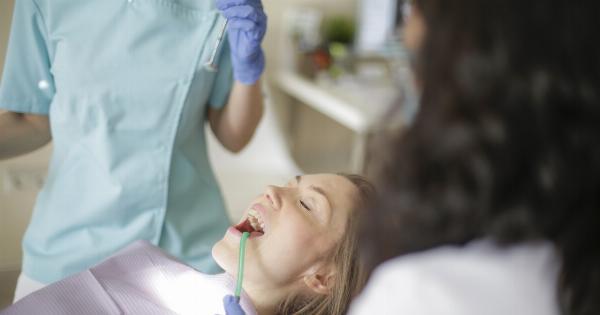Hangovers are a common and unpleasant experience that many people have encountered after a night of excessive alcohol consumption. Symptoms can include headache, fatigue, nausea, dizziness, and dehydration.
These symptoms arise as a result of alcohol’s impact on the body, and while there is no definitive cure for a hangover, various drugs are often used to alleviate the symptoms. In this article, we will investigate the effectiveness of different drugs in treating hangovers.
1. Acetaminophen (Tylenol)
Acetaminophen, commonly known by the brand name Tylenol, is a widely used over-the-counter pain reliever that is often taken to alleviate headaches associated with hangovers. It is believed to work by reducing the brain’s perception of pain.
However, it is essential to exercise caution when using acetaminophen, as excessive consumption or combining it with alcohol can cause liver damage.
2. Nonsteroidal Anti-Inflammatory Drugs (NSAIDs)
NSAIDs such as ibuprofen and aspirin are also commonly used to relieve hangover symptoms. These drugs work by reducing inflammation and relieving pain.
However, like acetaminophen, NSAIDs can also cause stomach irritation and may not be suitable for individuals with certain health conditions such as ulcers or bleeding disorders.
3. Vitamin B Complex
Vitamin B complex supplements are often marketed as hangover cures. Alcohol consumption depletes B vitamins, and these supplements aim to replenish them.
While there is limited scientific evidence supporting their effectiveness, some anecdotal claims suggest that they can reduce hangover symptoms such as fatigue and malaise.
4. N-Acetylcysteine (NAC)
N-Acetylcysteine (NAC) is an antioxidant that is believed to have a protective effect on the liver. Some studies have suggested that it may help reduce alcohol-related liver damage and potentially alleviate hangover symptoms.
However, more research is needed to confirm its effectiveness specifically for hangover relief.
5. Activated Charcoal
Activated charcoal has been used for its detoxifying properties, and some believe it can aid in reducing the effects of a hangover. However, there is not enough scientific evidence to support these claims.
Activated charcoal may also interfere with the absorption of other medications, so it should be used with caution.
6. Anti-Nausea Medications
Anti-nausea medications, such as dimenhydrinate (Dramamine) or ondansetron (Zofran), target the symptom of nausea often experienced during a hangover.
These drugs work by blocking certain receptors in the brain that trigger feelings of nausea and vomiting. However, they only address one specific symptom and may not provide comprehensive relief for all hangover symptoms.
7. Rehydration Solutions
Dehydration is a significant contributor to hangover symptoms. Rehydration solutions, such as oral rehydration salts or electrolyte drinks, can help restore the body’s fluid and electrolyte balance.
Drinking water alone may not be sufficient, as the body requires electrolytes like sodium and potassium to properly rehydrate.
8. Prostaglandin Inhibitors
Prostaglandin inhibitors, such as misoprostol, work by reducing the production of prostaglandins in the body. Prostaglandins are involved in various body processes, including inflammation and smooth muscle contraction.
By inhibiting their production, these drugs may help alleviate some hangover symptoms. However, they have not been extensively studied specifically for hangover relief and, therefore, may not be widely recommended for this purpose.
9. Antioxidants
Hangovers are associated with increased oxidative stress in the body, which can contribute to symptoms such as headache and fatigue. Antioxidants, such as vitamin C or glutathione, aim to reduce oxidative stress by neutralizing harmful free radicals.
However, their effectiveness in relieving hangovers is not well-established, and further research is needed.
10. Prevention and Moderation
While various drugs may provide some relief from hangover symptoms, the best approach to prevent and mitigate a hangover is through responsible alcohol consumption.
Staying hydrated, eating before drinking, and pacing oneself can help minimize the severity of a hangover. Additionally, avoiding the consumption of alcohol altogether is the most effective way to prevent a hangover.
Conclusion
Although there is no definitive cure for a hangover, several drugs and remedies are commonly used to alleviate the symptoms.
Acetaminophen, NSAIDs, vitamin B complex, N-acetylcysteine, activated charcoal, anti-nausea medications, rehydration solutions, prostaglandin inhibitors, and antioxidants are among the drugs that people turn to for hangover relief. However, the scientific evidence supporting their effectiveness varies, and some drugs may carry potential risks or side effects.
It is always advisable to consult a healthcare professional before taking any medication, especially if you have underlying health conditions or are taking other medications.




























